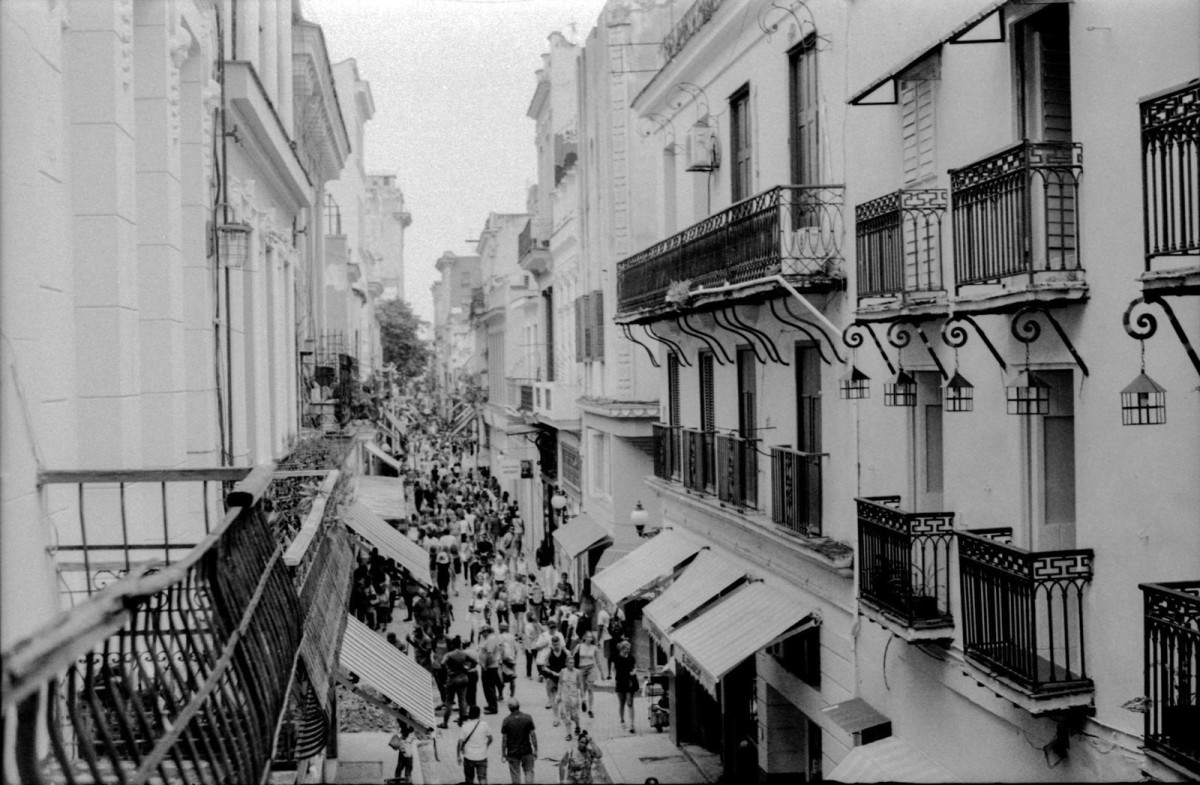The Cuban State's Private Businesses: The "Concord Group" of Cuba
Published: Jan 5, 2024 Reading time: 3 minutes Share: Share an articleBoris Titov, the head of the Russian-Cuban Business Council, compared the current economic state of Cuba to how the USSR was in the 1980s. Titov established a large commercial centre in Havana and over 8,000 small and medium-sized businesses, increasing Russian economic presence on the island.

These businesses are registered in three categories: Small (25 employees), medium (50 employees), and large (100) employees. They are registered as private companies and are personally funded. However, not only are private fortunes banned in Cuba, but it is also incredibly costly to run businesses, etc. So where does the money come from, and who funds these businesses?
The answer is simple. The Cuban state has created and funded these private businesses to act as fronts to carry out their bidding. The Cuban regime acts through these businesses in certain situations, creating plausible deniability, much like how Prigozhin's Concord Group works for the Russian government.
The Cuban government uses these businesses to explicitly message the USA and EU that Cuba is an investable country with private enterprises. Within the country, the government sends a message to the citizens that Cuba is changing economically. For example, Alejandro Gil, Vice Prime Minister and Minister of Economy and Finance, complained that medium and small enterprises (MSMEs) had imported $160 million worth of goods for domestic trade instead of producing domestically.
It is necessary to ask how these businesses got millions of dollars if swapping currency is controlled in state exchange houses. Furthermore, at these exchanges, it is only possible to acquire—with many restrictions—$100 s at 123 pesos per unit.
In Cuba, imports are state-regulated. A state institution controls all imports. Who authorised this large operation that the Minister of Economy and Finance was presumably unaware of?
Businesses sell freely, sometimes even in parks, for example, a 900 ml bottle of cooking oil for 550 pesos; a kg of powdered milk (for a long time now, children have had their milk quota withdrawn from the ration book at the age of 7) sell for between 1,600 and 1,800 pesos; 250g of pasta for 150 pesos; a 237 ml beer for 108 pesos; a 15 kg box of chicken thighs for 8,500 pesos in Havana and 8,000 pesos in other parts of the country.
The minimum wage in Cuba is 2,400 pesos a month; the average is just over 4,000. While many pensioners receive only 1,526 pesos a month, obtaining basic food with such low wages is impossible. Those sold through the rationing book at somewhat reasonable prices are enough, at best, for about ten days.
In any case, synergy is present in all kinds of actions. Unexpected things may arise from MSMEs. But suppose at some point it occurs to them to march towards Havana, emulating their Russian counterparts in the attempt to reach Moscow. In that case, we hope they will not be detected.



